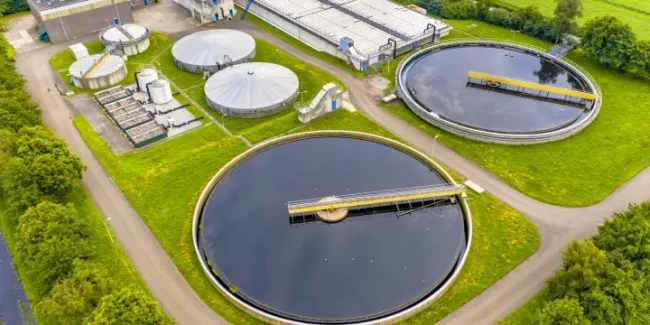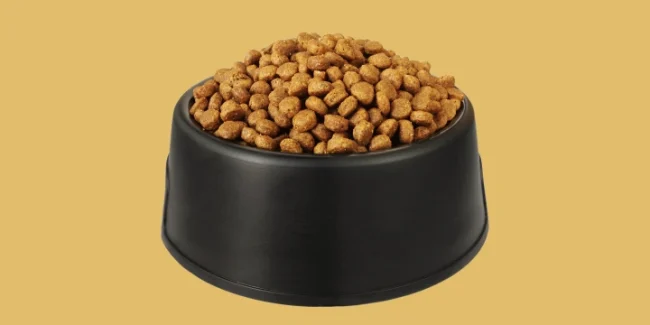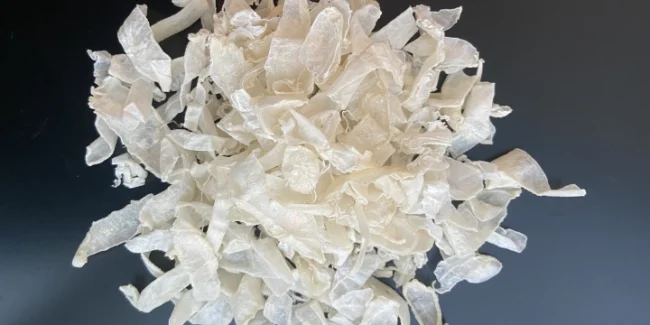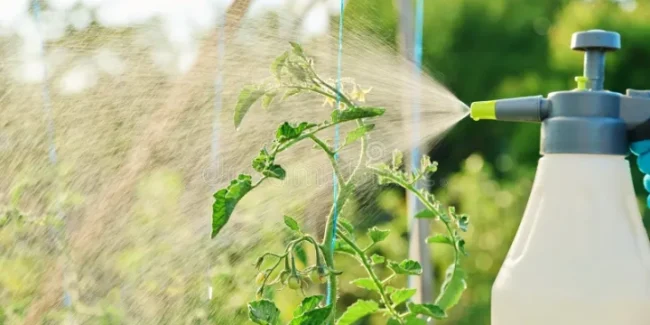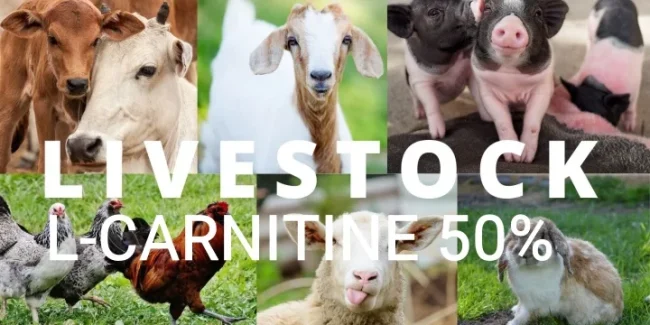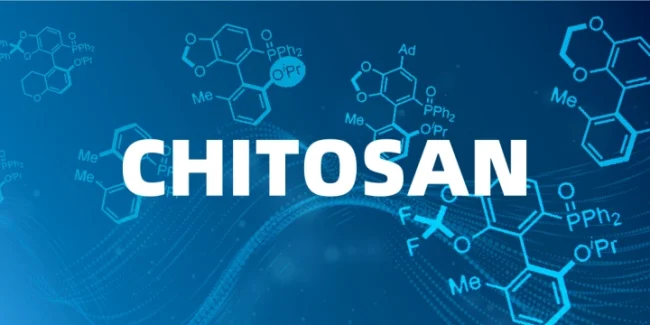Chitosan Lactate in Wastewater Treatment: An Eco-friendly Solution for Pollution Control
Water pollution is one of the most pressing environmental challenges of our time. As industrialization and urbanization continue to expand, the need for effective wastewater treatment solutions has become more urgent. Traditional methods such as chemical coagulation and activated sludge processes are widely used but often come with high costs and environmental concerns. Enter Chitosan…

